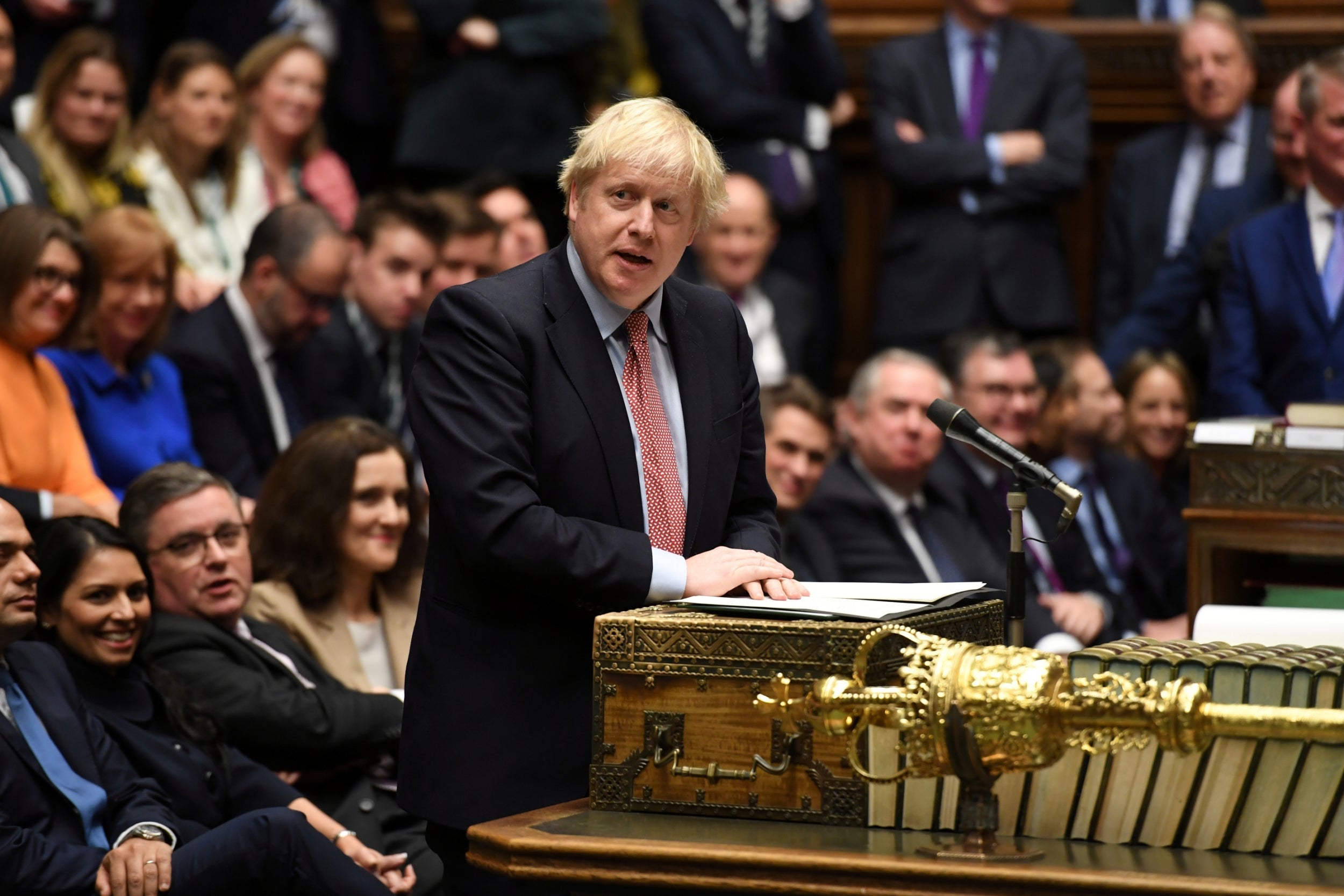Good politics requires energy, anger, impatience – and the courage to be decent
The battle for Britain’s future should not be fought on GDP growth or income distribution, but on responsibility and dignity, writes Rory Stewart


Your support helps us to tell the story
From reproductive rights to climate change to Big Tech, The Independent is on the ground when the story is developing. Whether it's investigating the financials of Elon Musk's pro-Trump PAC or producing our latest documentary, 'The A Word', which shines a light on the American women fighting for reproductive rights, we know how important it is to parse out the facts from the messaging.
At such a critical moment in US history, we need reporters on the ground. Your donation allows us to keep sending journalists to speak to both sides of the story.
The Independent is trusted by Americans across the entire political spectrum. And unlike many other quality news outlets, we choose not to lock Americans out of our reporting and analysis with paywalls. We believe quality journalism should be available to everyone, paid for by those who can afford it.
Your support makes all the difference.Five years ago, I remember voters saying that they wished for more disagreement in British politics. It was impossible, they felt, to tell the difference between one politician and another. Blair, Cameron, Clegg – all said the same things. Some Conservatives claimed to be nostalgic for the days of Tony Benn. “I disagreed with him,” they said, “but at least he had conviction.”
They wouldn’t say that now.
So much has changed so quickly, Labour lurching to the left, the Conservatives to the right, both shedding many of their centrist figures along the way, into retirement, into independence, or into the shifting sands that led past Change UK.
Meaningless slogans have triumphed in defiance of tradition (and even constitutional conventions). Even the Liberal Democrats have rebranded as a radical party. The Humpty Dumpty of the centre has fallen off the wall, and it hardly seems it can be put back together again.
But there is still a logic to the lost centre – an almost overwhelming logic. It is a far wiser and saner position, particularly at a time of division, a time of politicians pitting Leave against Remain, parliament against the people, Scotland against England, young against old, London against the rest. Even as we struggle to find someone to represent it, we still have a sense of our common ground.
But the centre will only emerge again when it rediscovers its emotion and energy. It must prove that it can respond quickly and effectively to what is going wrong in individual lives. It must find its anger again – anger that people are sleeping rough on our streets, that so many are caught up in knife crime, that our air is so dangerous. It must cease to use complexity as an excuse for inaction. It must believe that things can, indeed must, be improved.
And it must not again become a soft centre, a weak fudge between right and left. If the right stands for economic growth and the maximisation of utility and the left for redistribution from rich to poor, then the centre has to stand for something more than second rate-growth and second-rate equality.
It must find its own hard, independent vision of the world, with its own logic and morality. There is such a position, quite different from left or right.
It could begin, in my view, with the idea (after Amartya Sen) that the state is there simply to create the conditions that allow each and every one of us to flourish fully as human beings.
The production and distribution of growth should be secondary to that aim. People can flourish in a context of slower growth. They can flourish where gaps exist between rich and poor. This vision is based not on cash, but on an idea of what is necessary, what is dignified, and what is acceptable.
The government’s task should be to provide, in the broadest possible sense, the infrastructure to live a fulfilled life. This includes traditional infrastructure (building Crossrail 2 in London, for example, would help hundreds of thousands of people over the next two decades). But it also includes social infrastructure – the police and community programmes to ensure that we’re safe, the emissions policy that allows us to breathe the air, the counsellors for mental health and addiction.
The battle should not be fought on GDP growth or income distribution, but on decency and dignity. And it should not be about who can promise the most billions; in fact, the centre may often be more fiscally conservative, less willing to borrow or spend than either right or left, because it senses the obligations due to future generations.
As things stand, the centre must be rescued from itself. It has become a byword for indecision, for sloppiness of thought, for the defence of the status quo. It must become once again the space with the smartest ideas with the best ethical foundations.
It needs to demonstrate that it has its feet more firmly rooted on the ground – that it is intensely rooted in practical detail. It needs to display impatience, anger, and courage. If it can do those things, it may even achieve something even more precious: a politics that is more decent, and for which we might one day vote.
Rory Stewart is an independent candidate for mayor of London in the 2020 election

Join our commenting forum
Join thought-provoking conversations, follow other Independent readers and see their replies
Comments